Whether to rent or buy the place you intend to live in is such a critical decision that everyone will have to make sooner than later. It doesn’t just affect how much money you have left at the end of the month, it also affects your lifestyle and the size of the savings you accumulate over the years. Every day, people buy homes when financially they’d be better off renting because it’s important to them to have a place to put down roots and because they see owning a home as an investment that can grow and as a source of tax deductions. Similarly, people rent all the time for the flexibility and minimal responsibility it offers, even though they’d amass a larger net worth over time if they bought a place.
Of the two options, the bias often veers toward ownership. It’s big business for everyone from mortgage lenders to real estate agents to home improvement stores, and so we are bombarded with the message that being a homeowner is the key to happiness and part of the American dream. But owning isn’t universally better than renting, nor is renting always simpler than owning. Consider the pros and cons of each to figure out whether renting or owning is best for you.
KEY TAKEAWAYS
- Renting offers flexibility, predictable monthly expenses, and someone to handle repairs.
- Homeownership brings intangible benefits such as a sense of stability, belonging to a community, and pride of ownership, along with the tangible ones of tax deductions and equity.
- Contrary to popular belief, renting doesn’t mean you’re “throwing away money” every month, and owning doesn’t always build wealth “in the long run.”
Renting
Renting means you can move without penalty each time your lease ends, but it also means you could have to move suddenly if your landlord decides to sell the property, turn your apartment complex into condos, or bump up the rent by more than you can afford.
When you rent, you know exactly how much you’re going to spend on housing each month. When you own, you might pay nothing more than your mortgage and regular bills one month, and an additional $12,000 on a new roof the next (which homeowners’ insurance may or may not cover). But you’ll never have to pay to replace your roof when you rent. Your monthly, home-related expenses, such as renter’s insurance, tend to be more predictable.
As a renter, though, you do face unpredictable rent increases each time your lease is up for renewal unless you live in a city with rent control and your apartment is covered by it. If you live in a desirable part of town, rent increases can be steep, while if you get a fixed-rate mortgage, your monthly house payments will never increase (though property taxes and insurance premiums probably will).
While homeownership is often touted as a way to build wealth, your home can lose value. Lots of value. The acceptable neighborhood you moved into could decline. A major employer can leave the area, causing a significant population decline and a surplus of housing, or there could be a residential construction boom, either of which keeps prices down. You might buy a house for $200,000 tomorrow and in 30 years find that it’s still worth $200,000, meaning you’ve lost money after inflation.
Do you like having your evenings and weekends to use as you, please? Do you work long hours or travel frequently? If so, then the time commitment that comes with homeownership might be more than you want to take on. There are always projects around a house that you will need or want to take care of, from finding a plumber to replace a rusted-out pipe to repainting the bedroom to mowing the lawn. If you live in a community with a homeowners association, the HOA might take many of these homeownership chores off your plate for an additional cost of a few hundred dollars a month. But beware of the headaches that association membership can entail.
If you rent, your landlord will take care of all the repairs and maintenance, though of course they may not be done as quickly or as well as you would like.
Important: Although not as universal as homeowners’ insurance, renter’s insurance is often recommended for those leasing homes and is increasingly required by landlords.
Owning
Homeownership brings intangible benefits such as a sense of stability, belonging to a community, and pride in ownership. However, it’s not good for restless or nomadic types. Real estate is the original illiquid asset. You might not be able to sell when you want if the housing market is down. Even if it’s up, there are significant transaction costs when you sell. Changing your mind about where you want to live is far more expensive when you own it.
The overall cost of homeownership tends to be higher than the overall cost of renting, even if the monthly mortgage payment is similar to (or lower than) the monthly cost to rent.
Here are some expenses you’ll be spending money on as a homeowner that you don’t have to pay as a renter:
- Property taxes
- Trash pickup
- Water and sewer service
- Repairs and maintenance
- Pest control
- Tree trimming
- Homeowners Insurance
- Pool cleaning (if you have one)
- Lender-required flood insurance, in some areas
- Earthquake insurance, in some areas
Perhaps the biggest throw-away expense is mortgage interest, which can make up nearly all of your monthly payments in the early years of a long-term mortgage. Take this typical scenario: You borrow $100,000 at 4% for 30 years. Your first monthly payment will be $477.42, of which $333.33 is interest, and $144.08 is principal. It will be about 13 years before more of your monthly payment goes toward principal than toward interest, and in total, you’ll lose $71,869.51 in interest (though, admittedly, you’ll recoup some of that in tax deductions).
Even renovation projects don’t often increase the value of your home by more than what you spend on them. On average, you’ll get back 66 cents for every dollar you shell out on a home improvement project, according to Remodeling magazine’s 2019 Cost vs. Value Report. The projects that recoup the most are not glamorous things you’ll be excited about doing. The best return (and the only one on Remodeling‘s list that comes close to recouping its entire cost) comes from replacing a garage door.
Once you add up all these costs, you might find that you’re better off financially by renting and investing the money you would have put into a home into a retirement account.
Special Considerations
Which option is best for you isn’t just about money, it’s also about comfort and your vision for your life. Ignore people who tell you that owning always makes more sense in the long run, that renting is throwing away money—or that it makes more sense to buy if your monthly mortgage payment would be the same or less than your monthly rent payment. Housing markets and life circumstances are too varied to make blanket statements like these.
Still, despite the added expense and extra chores associated with owning a home, many people chose it over renting. It provides a more permanent place to raise children and often it offers the only way to have, or create, the sort of residence people want. Ultimately, the decision to rent or to own is not just financial, it’s also emotional.
Credit: Investopedia
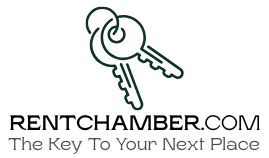
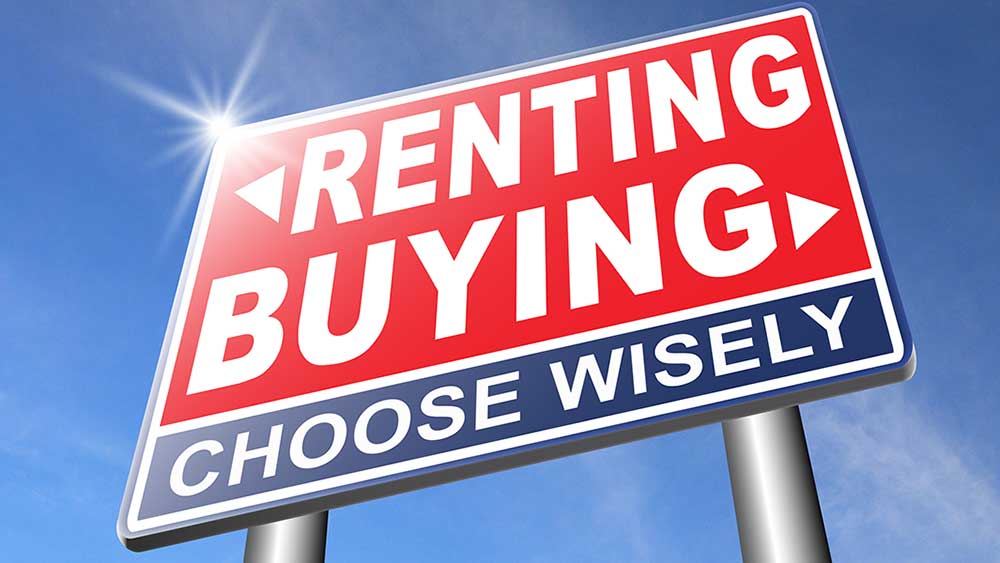
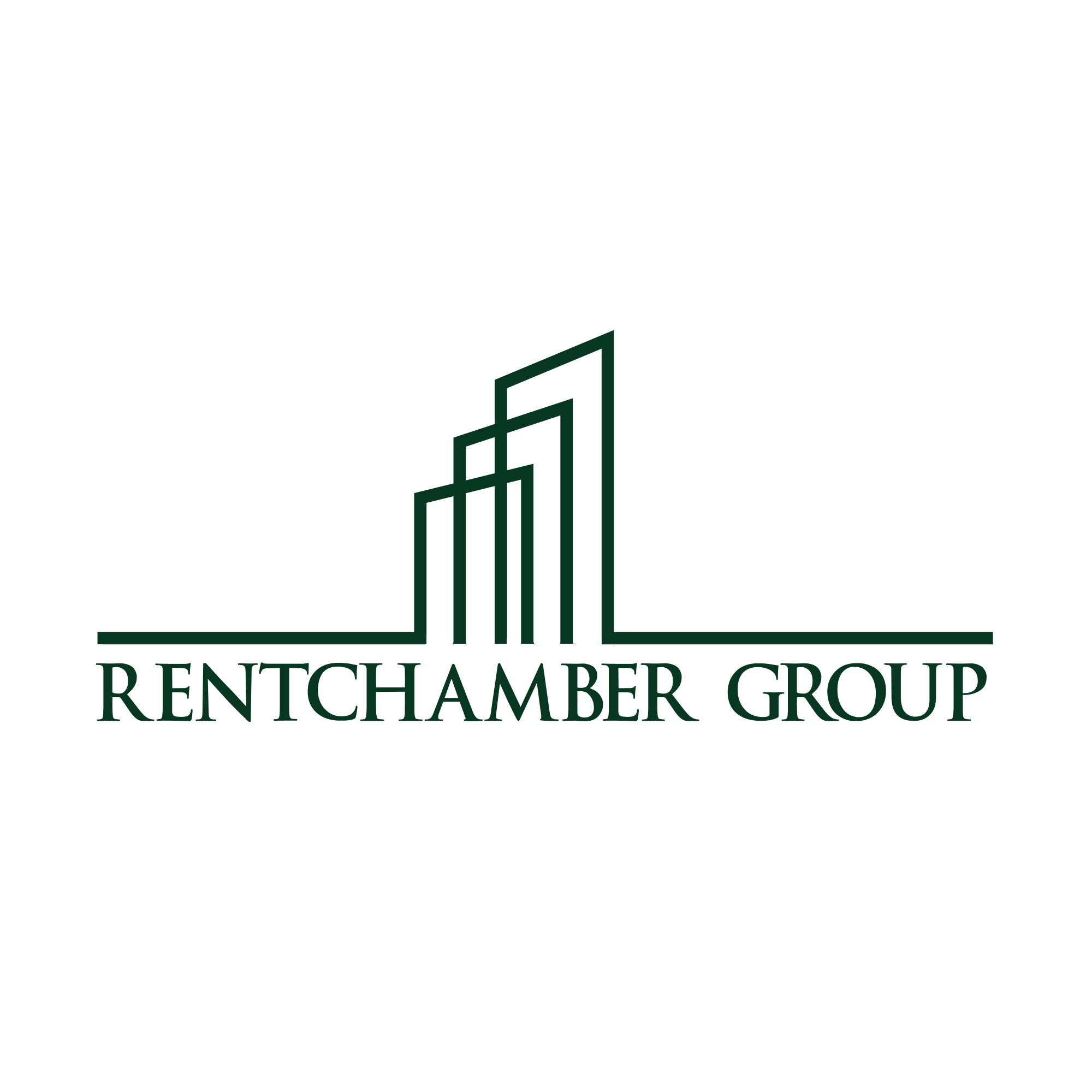
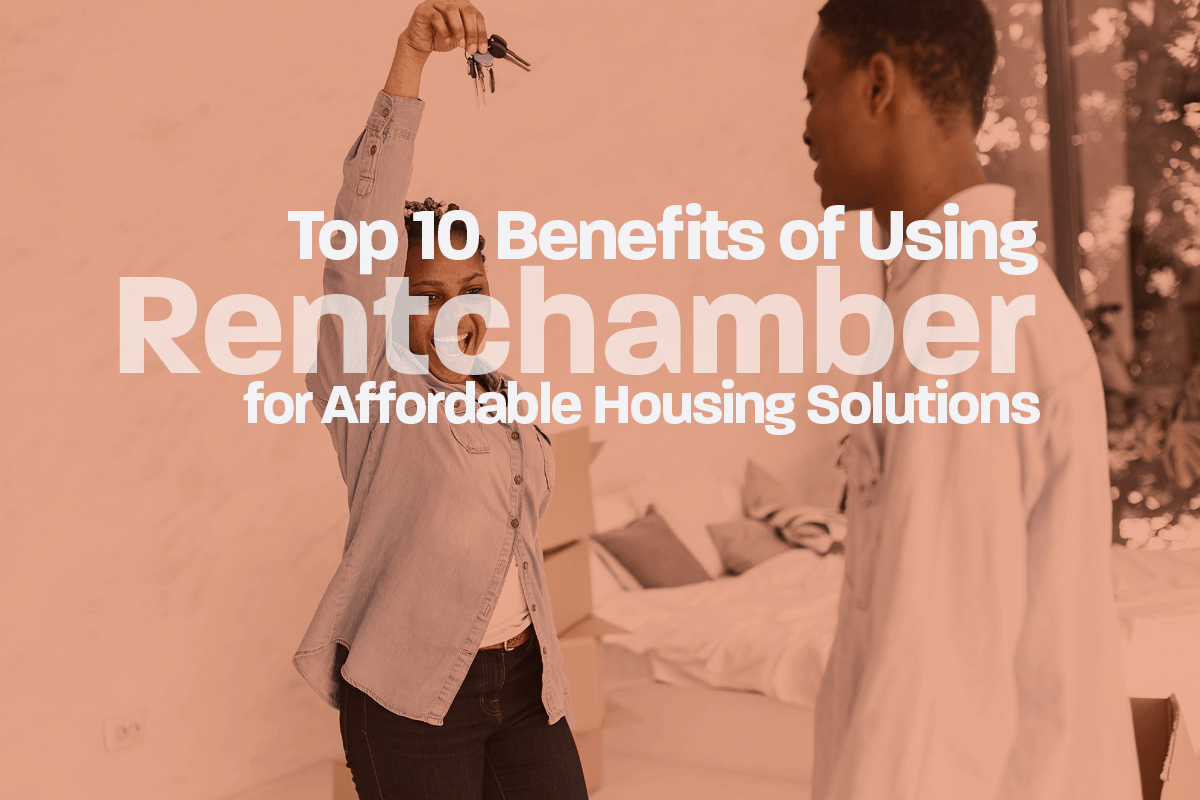
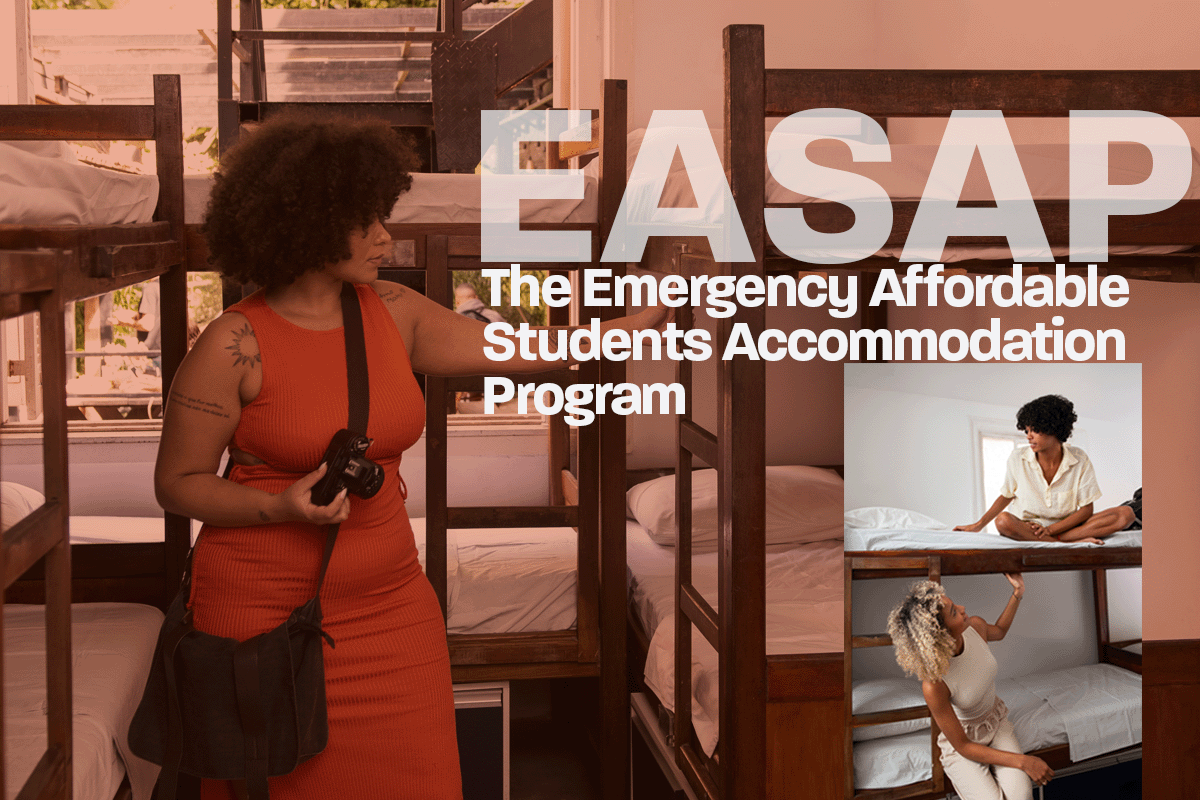
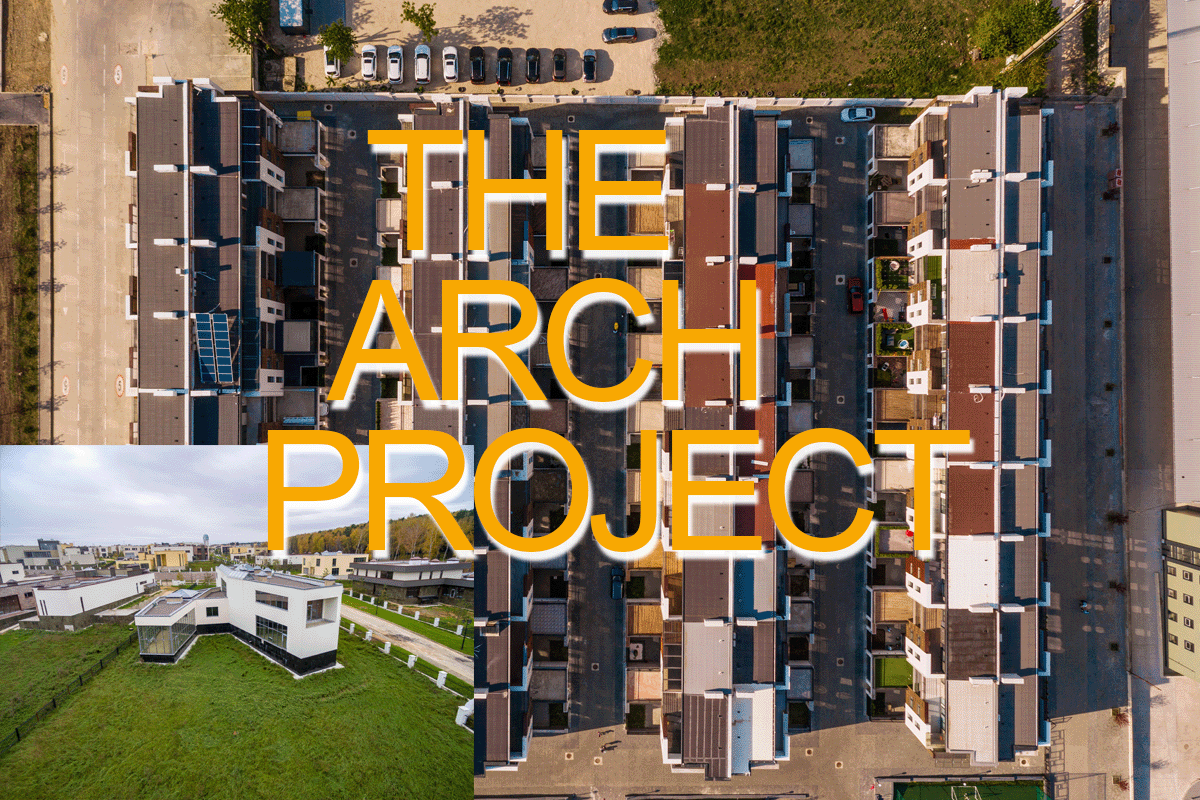
Join The Discussion